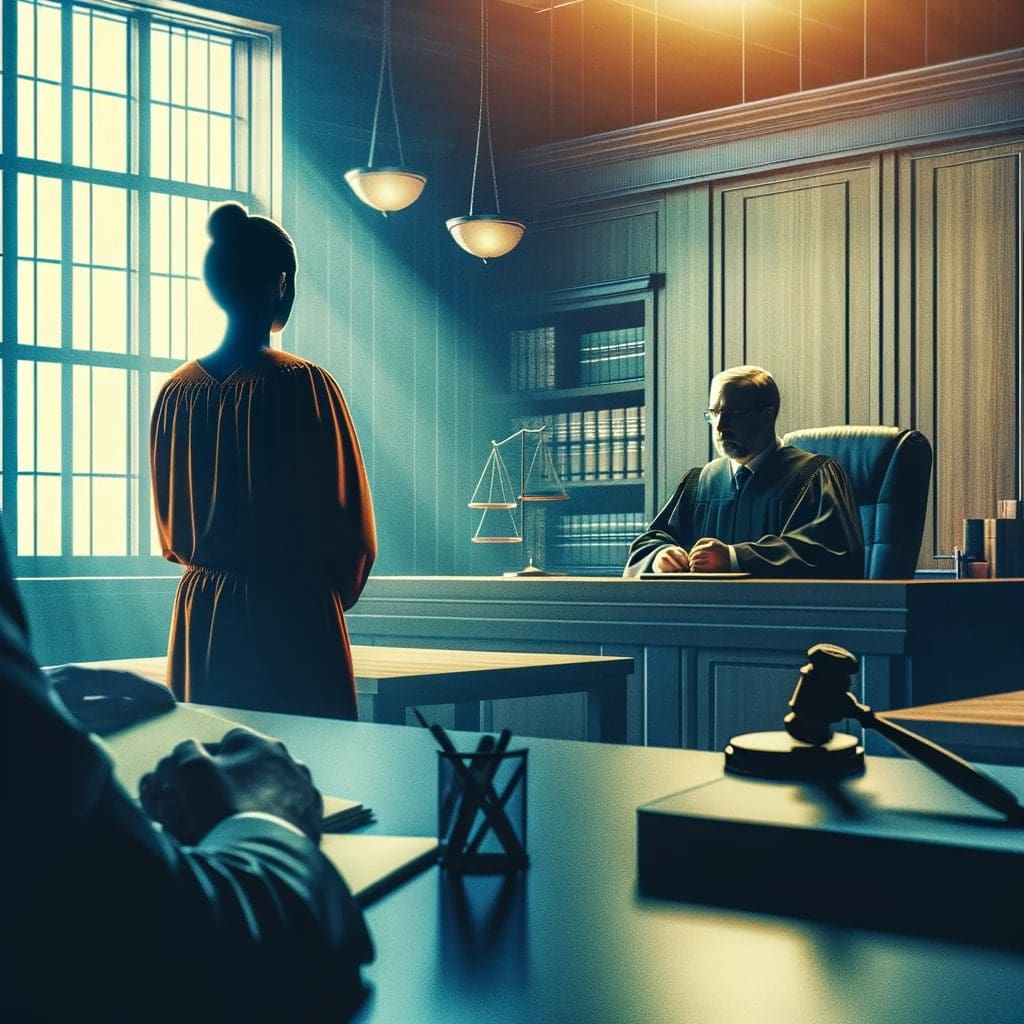Sentencia
Sentencing in Criminal Justice: Balancing Fairness and Legal Complexities
Sentencia is a pivotal moment in the criminal justice process, where a conviction culminates in a penalty. It’s a complex interplay of law, societal norms, and individual circumstances, carrying significant implications for the defendant and the community.
Understanding Sentencing Dynamics: Sentencing refers to the judicial determination of a punishment for a convicted individual. This phase follows a guilty verdict or plea and is guided by legal statutes, sentencing guidelines, and judicial discretion. It aims to balance retribution, deterrence, rehabilitation, and public safety.
The Role of Sentencing Guidelines: Sentencing guidelines provide a framework to ensure consistency and fairness. They take into account the nature of the crime, the defendant’s criminal history, and societal values. However, judges often have discretion to deviate from these guidelines, considering the case’s unique circumstances.
Factores que influyen en las decisiones de condena: A range of factors influences sentencing, including the severity of the offense, defendant’s background, and mitigating or aggravating circumstances. Victim impact statements and pre-sentencing reports also play a role, offering insights into the crime’s effects and the defendant’s character.
Different Types of Sentences: Sentences vary widely, from fines and community service to probation, imprisonment, and in some jurisdictions, capital punishment. Alternative sentences like diversion programs focus on rehabilitation, especially for non-violent or first-time offenders.
Impact on Defendants and Society: The implications of sentencing extend beyond legal punishment. For defendants, it can mean a loss of liberty, stigma, and life-altering consequences. For society, sentencing reflects collective values and the balance between justice and mercy.
Legal Representation in Sentencing: Effective legal representation is crucial. Defense attorneys advocate for fair sentences, presenting mitigating factors and arguing against undue harshness. Their role is vital in ensuring justice and protecting defendants’ rights.
Sentencing Reforms and Debates: Sentencing practices have evolved, with recent reforms focusing on reducing mass incarceration, addressing racial disparities, and emphasizing rehabilitation over punitive approaches. These changes reflect shifting societal views on crime and punishment.
Navigating Sentencing Appeals: Sentencing is not always final. Defendants have the right to appeal, challenging the legality or fairness of the sentence. This process is a critical safeguard, ensuring that sentencing decisions adhere to legal standards.
The Future of Sentencing in Criminal Law: Looking ahead, sentencing will continue to evolve, influenced by legal developments, societal changes, and technological advancements. The ongoing dialogue about effective and fair sentencing is vital in shaping a just legal system.
In conclusion, sentencing in criminal justice is a multifaceted and impactful process. It encapsulates the legal system’s challenges and responsibilities, balancing individual circumstances with societal norms and legal principles. Understanding its nuances is essential for legal professionals, defendants, and anyone interested in the administration of justice.




